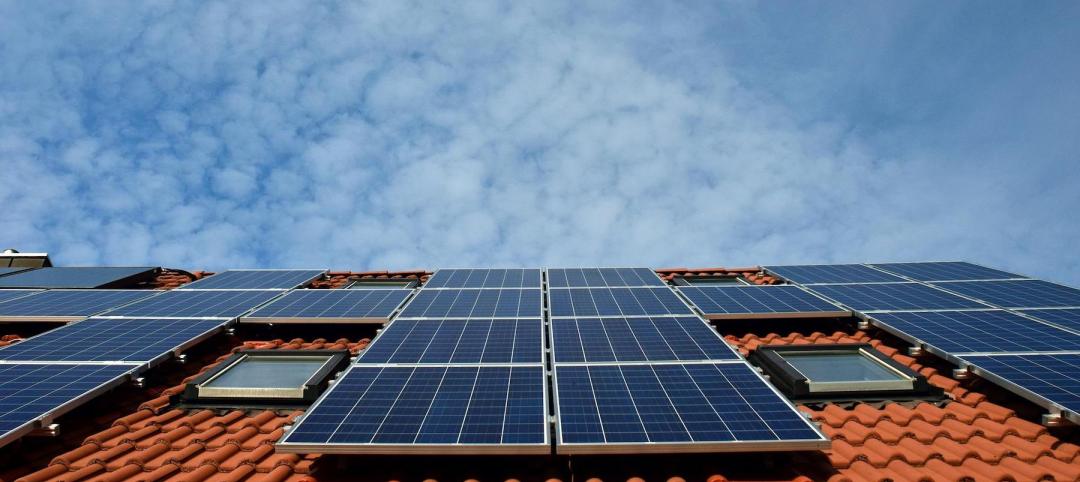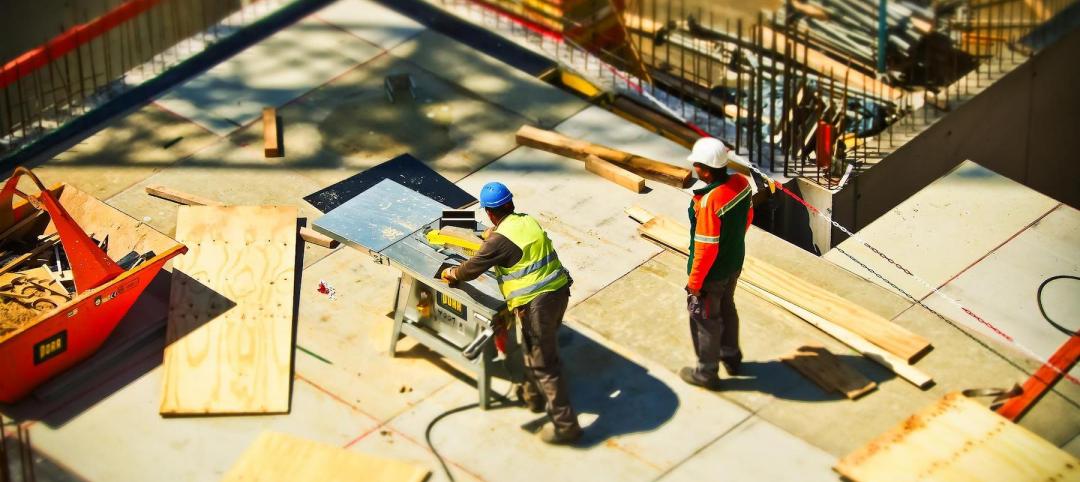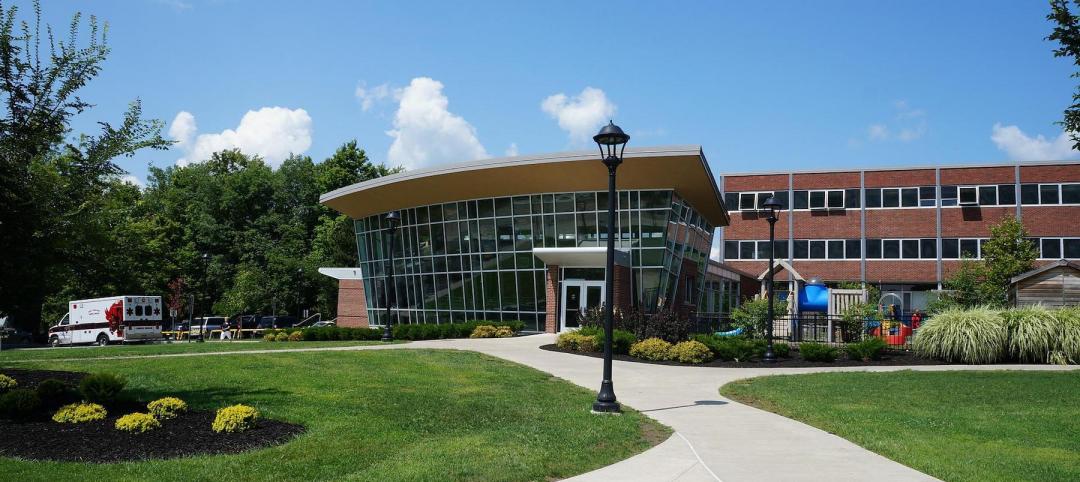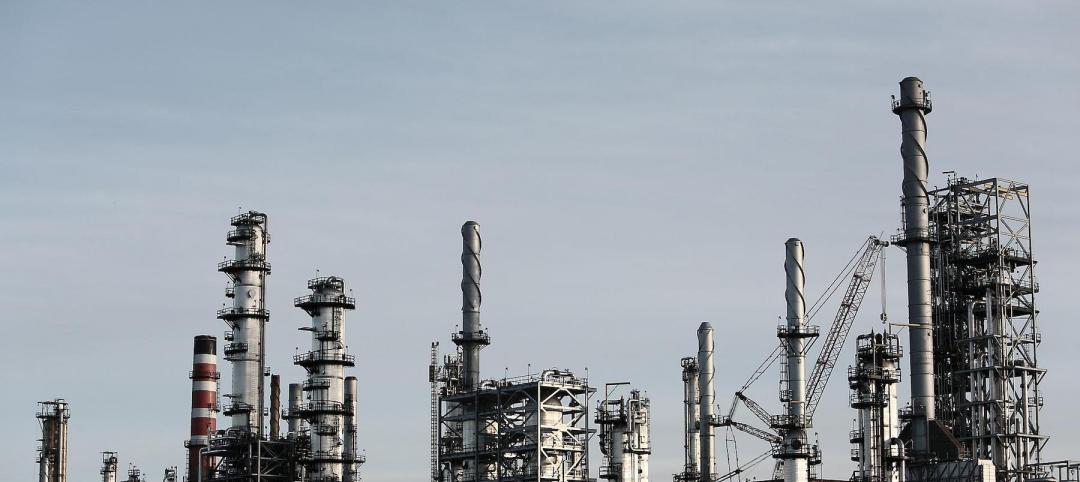When Facebook’s proposed $800 million data center in Mesa, Ariz., was proposed, it drew strong criticism with fears that it would require enormous amounts of water for cooling in a region suffering from a water shortage.
The social media giant, responding to those fears, said it would include three water restoration projects. The efforts, the company says, will restore more than 200 million gallons of water per year in the Colorado River and Salt River basins.
Facebook said the 960,000 sf facility will use 60% less water than the typical data center due to extensive use of fresh air for cooling. The company added that it will not draw water rights from the city of Mesa.
Roughly 80% of the state of Arizona is facing severe drought conditions and it is expected to lose about one-fifth of its Colorado River water supply next year. Facebook also says it will work with local utility Salt River Project to add 50 megawatts of solar energy to the grid.
Related Stories
Codes and Standards | May 16, 2022
AIA releases Justice in the Built Environment guide
The American Institute of Architects (AIA) recently published a new supplementary edition of the Guides for Equitable Practice, titled “Justice in the Built Environment.”
Codes and Standards | May 12, 2022
Solar industry creates non-profit to remove barriers to clean energy deployment
The Solar Energy Industries Association (SEIA) is launching a 501(c)3 non-profit organization to accelerate the transition to carbon-free electricity.
Green Specifications | May 12, 2022
MG2’s Sustainable Materials Evaluation System
Learn how MG2’s Sustainable Materials Evaluation System helps clients, prospects, and staff choose the most environmentally feasible materials for their building projects. Candon Murphy, LEED GA, Assoc. IIDA, Design Lab Manager and Materials & Sustainability Specialist with MG2, speaks with BD+C Executive Editor Rob Cassidy.
Esports Arenas | May 11, 2022
Design firm Populous partners with esports company on digital art NFT collection
Design firm Populous and multidiscipline esports organization Kansas City Pioneers have partnered on a five-part NFT collection.
Market Data | May 10, 2022
Hybrid work could result in 20% less demand for office space
Global office demand could drop by between 10% and 20% as companies continue to develop policies around hybrid work arrangements, a Barclays analyst recently stated on CNBC.
Standards | May 9, 2022
New GSA standards set carbon limits on building materials for all major projects
New General Services Administration standards place limitations on high carbon-emitting building materials for all major projects under the GSA umbrella.
Higher Education | May 5, 2022
To keep pace with demand, higher ed will have to add 45,000 beds by year-end
The higher education residential sector will have to add 45,000 beds by the end of 2022 to keep pace with demand, according to a report by Humphreys & Partners Architects.
Legislation | May 4, 2022
Washington is first state to mandate all-electric heat for new large buildings
Washington recently became the first state to require all electric heat for new buildings.
Sponsored | Healthcare Facilities | May 3, 2022
Planning for hospital campus access that works for people
This course defines the elements of hospital campus access that are essential to promoting the efficient, stress-free movement of patients, staff, family, and visitors. Campus access elements include signage and wayfinding, parking facilities, transportation demand management, shuttle buses, curb access, valet parking management, roadways, and pedestrian walkways.
Codes and Standards | May 3, 2022
American Institute of Steel Construction updates environmental product declarations
The American Institute of Steel Construction has released updated environmental product declarations (EPDs) “to help designers and building owners design more environmentally friendly buildings and bridges,” according to an AISC news release.

















